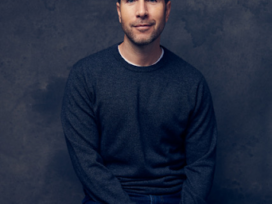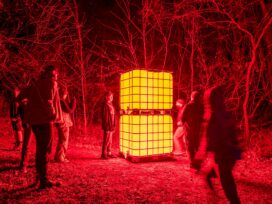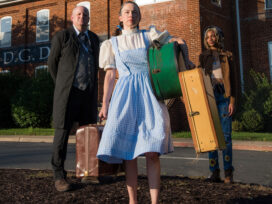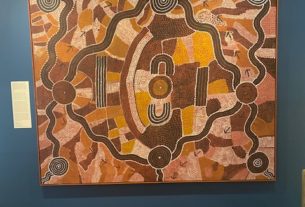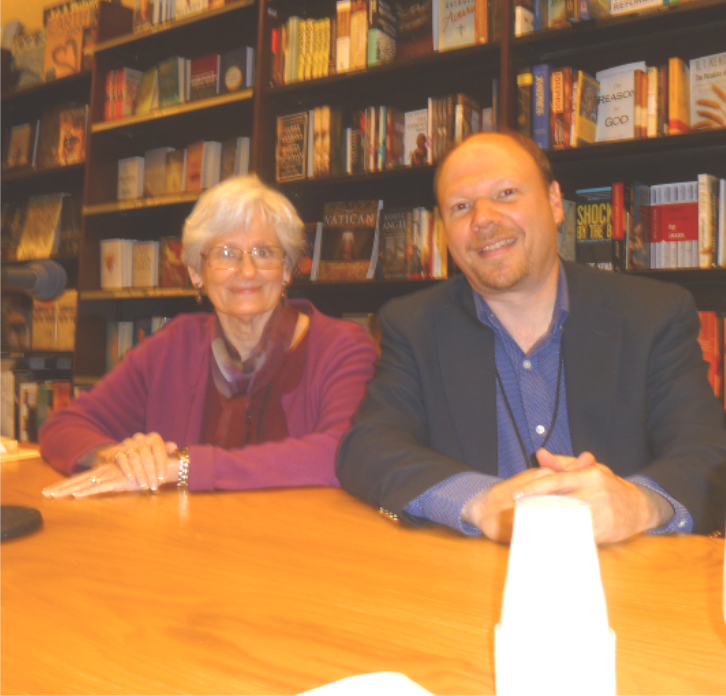
Hippies, Grizzlies, Betsy Ross—Oh My!
Cotton gins are not drinks, Betsy Ross was a fraud, the Wright Brothers were not the first to fly, and Mark Twain thought bicycles were death traps. These were just a few of the revelations conferred upon the audience at the Virginia Festival of the Book’s Adventures in History presentation on March 21.
The event featured authors Carter Seaton and Tim Groves, both of whom specialize in historical non-fiction. Seaton spoke about her book Hippie Homesteaders: Arts, Crafts, Music, and Living on the Land in West Virginia as well as the extensive research the book entailed. Hippie Homesteaders centers on the 60s and 70s neo-pioneers who settled in West Virginia in an attempt to disconnect from a world they were growing increasingly disenchanted with.
Tim Groves, author of A Grizzly in the Mail and other Adventures in American History spent two decades working at museums, where he cultivated a love for history and its many uncanny footnotes, which are often glossed over or stricken from history books. Despite the enthusiasm and humor that dominated the event, Grove’s questions were not limited to trivial queries like, “What kind of packer was Charles Lindbergh?”
“Who owns history?” Groves asked, “And can oral traditions be primary sources?” According to Groves, the tired notion of memorizing important dates and the places and names that go with them is part of the reason that many students dislike and remain uninterested in the subject.
Groves suggests utilizing the primary sources available – including oral traditions – to reinvigorate history education with fresh ideas and enthusiasm.


